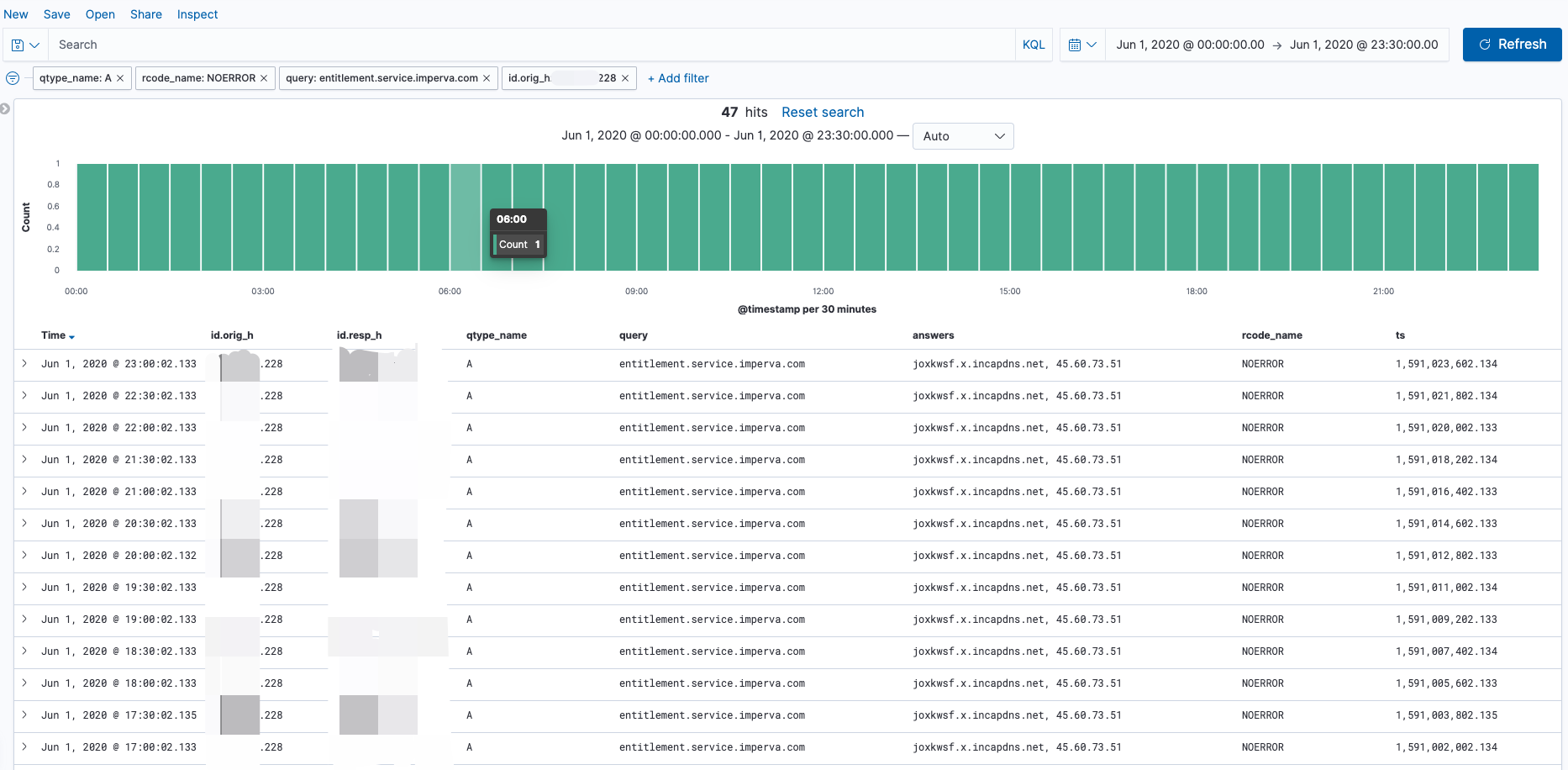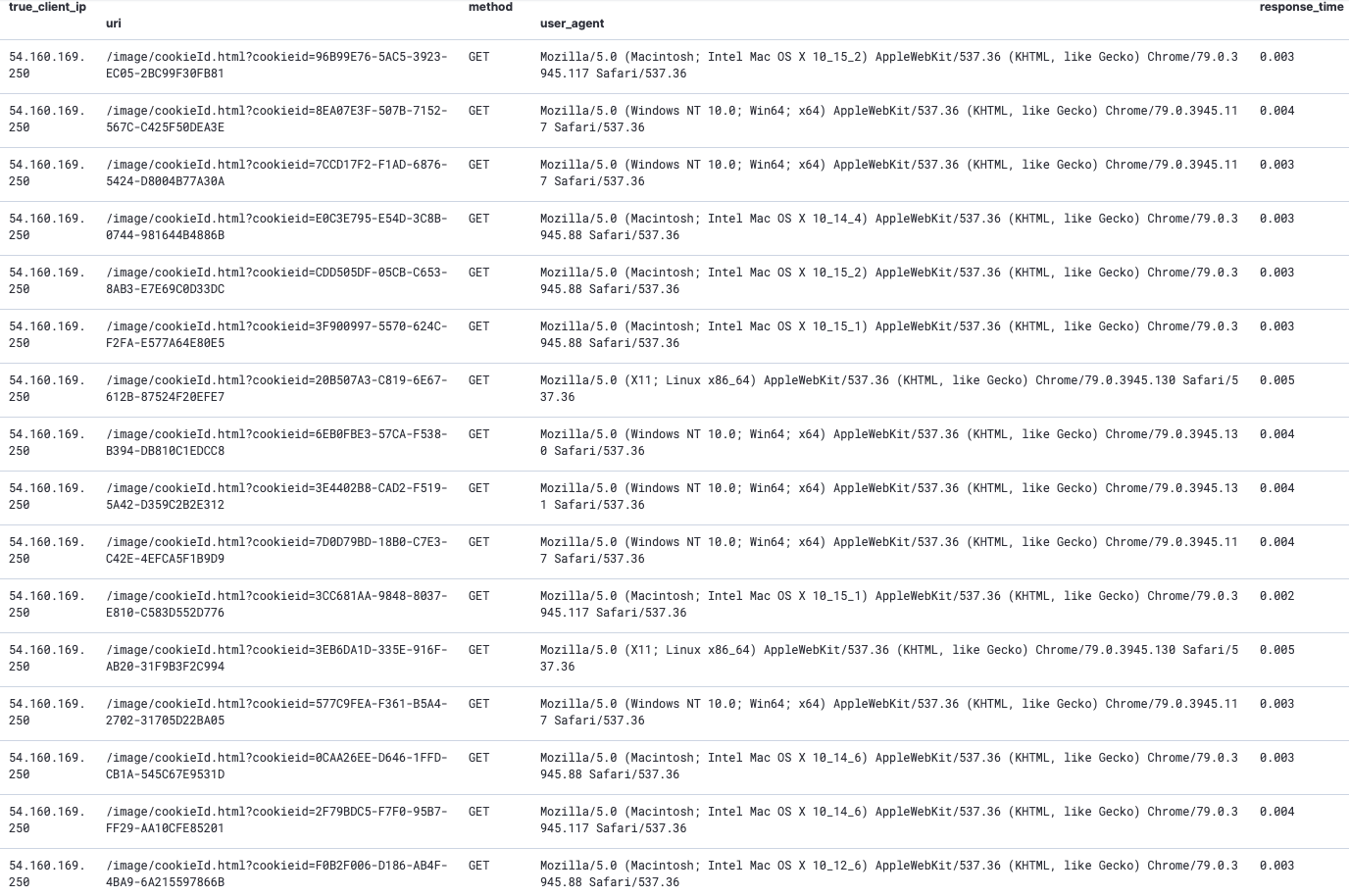1
2
3
4
5
6
7
8
9
10
11
12
13
14
15
16
17
18
19
20
21
22
23
24
25
26
27
28
29
30
31
32
33
34
35
36
37
38
39
40
41
42
43
44
45
46
47
48
49
50
51
52
53
54
55
56
57
58
59
60
61
62
63
64
65
66
67
68
69
70
71
72
73
74
75
76
77
78
79
80
81
82
83
84
85
86
87
88
89
90
91
92
93
94
95
96
97
98
99
100
101
102
103
104
105
106
107
108
109
110
111
112
113
114
115
116
117
118
119
120
121
122
123
124
125
126
127
128
129
130
131
132
133
134
135
136
137
138
139
140
141
142
143
144
145
146
147
148
149
150
151
152
153
154
155
156
157
158
159
160
161
162
163
164
165
166
167
168
169
170
171
172
173
174
175
176
177
178
179
180
181
182
183
184
185
186
187
188
189
190
191
192
193
194
195
196
197
198
199
200
201
202
203
204
205
206
207
208
209
210
211
212
213
214
215
216
217
218
219
220
221
222
223
224
225
226
227
228
229
230
231
232
233
234
235
236
237
238
239
240
241
242
243
244
245
246
247
248
249
250
251
252
253
254
255
256
257
258
259
260
261
262
263
264
265
266
267
268
269
270
271
272
273
274
275
276
277
278
279
280
281
282
283
284
285
286
287
288
289
290
291
292
293
294
295
296
297
298
299
300
301
302
303
304
305
306
307
308
309
310
311
312
313
314
315
316
317
318
319
320
321
322
323
324
325
326
| import sys
import json
import redis
import html
import datetime
from multiprocessing import Process, JoinableQueue, Lock, Manager
from elastalert.ruletypes import RuleType
from elastalert.util import elastalert_logger
try:
import pandas as pd
except:
print("Please make sure you have pandas installed. pip install pandas")
sys.exit(0)
try:
from tqdm import tqdm
except:
print("Please make sure you have tqdm module installed. pip install tqdm")
sys.exit(0)
def conn(host='localhost', port=6379, password=None, db=0):
pool = redis.ConnectionPool(host=host, port=port, password=password, db=db)
conn = redis.Redis(connection_pool=pool)
return conn
def put_data(conn, q, data):
with conn.pipeline() as pipe:
for i in data:
pipe.lpush(q, i)
pipe.execute()
class SpiderRule(RuleType):
def __init__(self, rules, args=None):
super(SpiderRule, self).__init__(rules, args=None)
self.MAX_ARGS_LENGTH = int(self.rules['beacon']['max_args_length'])
self.MIN_HITS = int(self.rules['beacon']['min_hits'])
self.MAX_UNIQUE_ARGS = int(self.rules['beacon']['max_unique_args'])
self.THRESHOLD_PERCENT = int(self.rules['beacon']['threshold_percent'])
self.NUM_PROCESSES = int(self.rules['beacon']['threads'])
self.UA_PROCESSES = int(self.rules['beacon']['user_agent'])
self.TIMESTAMP = '@timestamp'
self.FORMAT_TIMESTAMP = self.rules['timestamp'].get('format', None)
self.beacon_module = self.rules['beacon']['beacon_module']
self.WINDOW = int(self.rules['beacon']['window'])
self.MIN_INTERVAL = int(self.rules['beacon']['min_interval'])
buffer_time = str(self.rules['buffer_time'])
self.PERIOD = ':'.join(buffer_time.split(':')[:2])
self.fields = self.normalized_field(self.rules['field'])
self.src_ip = self.fields['aliases']['src_ip']
self.url = self.fields['aliases']['url']
self.url_path = self.fields['aliases']['url_path']
self.http_host = self.fields['aliases']['http_host']
self.user_agent = self.fields['aliases']['user_agent']
self.json = self.rules['output']['json'].get('enable', None)
self.redis = self.rules['output']['redis'].get('enable', None)
self.q_job = JoinableQueue()
self.l_df = Lock()
self.l_list = Lock()
def normalized_field(self, d):
fields = {'hash': [], 'output': [], 'aliases': {}}
for field, info in d.items():
alias = info['alias']
fields['aliases'][alias] = field
for i in info.get('type', []):
fields[i].append(field)
return fields
def add_data(self, data):
self.df = pd.json_normalize(data)
results = self.find_spiders()
d = results.to_dict(orient="records")
if self.json:
json_path = self.rules['output']['json']['path']
with open(json_path, 'a') as out_file:
for i in d:
out_file.write(json.dumps(i) + '\n')
if self.redis:
try:
host = self.rules['output']['redis']['host']
port = self.rules['output']['redis']['port']
password = self.rules['output']['redis']['password']
db = self.rules['output']['redis']['db']
key = self.rules['output']['redis']['key']
ioc = self.rules['output']['redis']['field']
redis_conn = conn(host=host, port=port,
password=password, db=db)
IoC = results[ioc].unique().tolist()
put_data(redis_conn, key, IoC)
except:
elastalert_logger.error("Output Redis configuration errors.")
self.add_match(d)
def get_match_str(self, match):
return json.dumps(match)
def add_match(self, results):
for result in results:
super(SpiderRule, self).add_match(result)
def get_args_hash(self, args, session_id):
return hash(tuple(args + [session_id]))
def get_query_str(self, request):
query = request.split('?')[-1]
query_str = dict([i.split("=", 1) for i in query.split(
"&") if i if len(i.split("=", 1)) == 2])
query_str['args_list'] = list(query_str.keys())
query_str['max_length'] = len(query_str)
query_str['url_sample'] = request
return query_str
def percent_grouping(self, d, total):
interval = 0
mx_key = int(max(iter(list(d.keys())), key=(lambda key: d[key])))
mx_percent = 0.0
for i in range(mx_key - self.WINDOW, mx_key + 1):
current = 0
curr_interval = i + int(self.WINDOW / 2)
for j in range(i, i + self.WINDOW):
if j in d:
current += d[j]
percent = float(current) / total * 100
if percent > mx_percent:
mx_percent = percent
interval = curr_interval
return interval, mx_percent
def find_beacon(self, session_data):
beacon = {}
if not self.FORMAT_TIMESTAMP:
session_data[self.TIMESTAMP] = pd.to_datetime(
session_data[self.TIMESTAMP])
else:
session_data[self.TIMESTAMP] = pd.to_datetime(
session_data[self.TIMESTAMP], format=self.FORMAT_TIMESTAMP)
session_data[self.TIMESTAMP] = (
session_data[self.TIMESTAMP].astype(int) / 1000000000).astype(int)
session_data = session_data.sort_values([self.TIMESTAMP])
session_data['delta'] = (
session_data[self.TIMESTAMP] - session_data[self.TIMESTAMP].shift()).fillna(0)
session_data = session_data[1:]
d = dict(session_data.delta.value_counts())
for key in list(d.keys()):
if key < self.MIN_INTERVAL:
del d[key]
total = sum(d.values())
if d and total > self.MIN_HITS:
window, percent = self.percent_grouping(d, total)
if percent > self.THRESHOLD_PERCENT and total > self.MIN_HITS:
beacon = {
'percent': int(percent),
'interval': int(window),
}
return beacon
def find_spider(self, q_job, spider_list):
while not q_job.empty():
session_id = q_job.get()
self.l_df.acquire()
session_data = self.df[self.df['session_id']
== session_id]
self.l_df.release()
query_str = session_data[self.url].apply(
lambda req: self.get_query_str(req)).tolist()
query_data = pd.DataFrame(query_str)
query_data['args_hash'] = query_data['args_list'].apply(
lambda args: self.get_args_hash(args, session_id))
for i in query_data['args_hash'].unique():
result = {
"detail": {
'percent': {},
'unique': {}
},
"tags": [],
"src_ip": session_data[self.src_ip].tolist()[0],
"url_path": session_data[self.url_path].tolist()[0],
"http_host": session_data[self.http_host].tolist()[0],
"unique_ua": session_data[self.user_agent].unique().shape[0],
"alert": False,
}
df = query_data[query_data['args_hash'] == i]
count_args_length = df['max_length'].iloc[0]
if count_args_length > self.MAX_ARGS_LENGTH:
continue
total_hits = df.shape[0]
if total_hits < self.MIN_HITS:
continue
args_list = df['args_list'].iloc[0]
for i in args_list:
unique_args = len(df[i].unique())
if unique_args == 1:
continue
current_percent = int((unique_args / total_hits) * 100)
if current_percent < self.THRESHOLD_PERCENT:
continue
result['detail']['percent'][i] = current_percent
result['detail']['unique'][i] = unique_args
count_unique_args = len(result['detail']['unique'])
if count_unique_args <= self.MAX_UNIQUE_ARGS:
result['alert'] = True
if not result['detail']['unique']:
continue
if self.beacon_module:
result['beacon'] = self.find_beacon(
session_data.reset_index(drop=True))
result['args_list'] = args_list
result['total_hits'] = total_hits
result['url_sample'] = df['url_sample'].iloc[0]
result['period'] = self.PERIOD
if result['alert']:
result['tags'].append('enumerate')
if result['beacon']:
result['tags'].append('beacon')
if result['unique_ua'] >= self.UA_PROCESSES:
result['tags'].append('suspicious-ua')
self.l_list.acquire()
spider_list.append(result)
self.l_list.release()
q_job.task_done()
def find_spiders(self):
if self.df.empty:
raise Exception(
"Elasticsearch did not retrieve any data. Please ensure your settings are correct inside the config file.")
tqdm.pandas(desc="Detection of Spider Crawlers.")
self.df[self.url_path] = self.df[self.url].str.split('?').str.get(0)
self.df['session_id'] = self.df[self.fields['hash']
].progress_apply(lambda row: hash(tuple(row)), axis=1)
self.df = self.df[self.df[self.url].apply(lambda request: True if len(
request.split('?')) == 2 else False)].reset_index(drop=True)
self.df[self.url] = self.df[self.url].apply(
lambda request: html.unescape(request))
unique_session = self.df['session_id'].unique()
for session in unique_session:
self.q_job.put(session)
mgr = Manager()
spider_list = mgr.list()
processes = [Process(target=self.find_spider, args=(
self.q_job, spider_list,)) for thread in range(self.NUM_PROCESSES)]
for p in processes:
p.start()
for p in processes:
p.join()
results = pd.DataFrame(list(spider_list))
now = datetime.datetime.now().isoformat()
results['timestamp'] = now
if not results.empty:
results = results[results['alert'] == True]
match_log = "Queried rule %s matches %s crawl events" % (
self.rules['name'],
results.shape[0]
)
elastalert_logger.info(match_log)
return results
|

